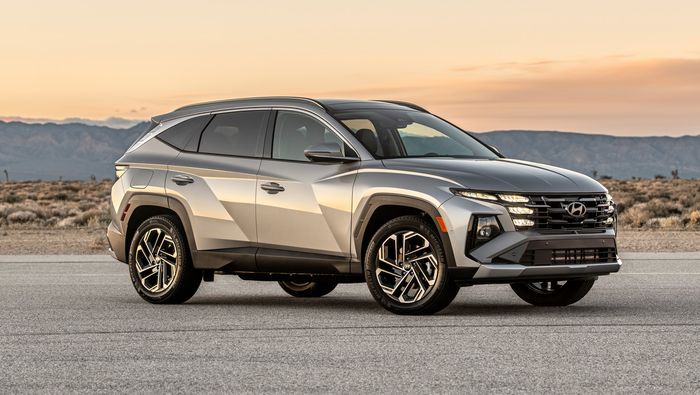3384 Insights
Your go-to source for trending news and information.
Hybrid Hype: Are They Really All That?
Discover the truth about hybrid trends! Are they worth the hype or just a passing fad? Uncover the reality behind the buzz now!
What Are Hybrid Cars and How Do They Work?
Hybrid cars are vehicles that utilize two or more distinct types of power to move. Typically, this involves a combination of an internal combustion engine (ICE) and one or more electric motors. The key purpose of hybridization is to enhance fuel efficiency and reduce emissions compared to traditional gasoline-powered cars. Hybrid vehicles can operate on either the electric motor alone, the internal combustion engine, or a blend of both, which allows them to adapt to various driving conditions and optimize performance.
The inner workings of hybrid cars revolve around a sophisticated system that manages power distribution from the electric motor and the gasoline engine. Unlike conventional vehicles, hybrids can store energy through regenerative braking, which converts kinetic energy back into usable electricity. This stored energy powers the electric motor during low-speed driving or assists the engine during acceleration, reducing fuel consumption. With advancements in technology, hybrids are becoming more efficient, making them an appealing choice for environmentally-conscious drivers and those looking to save on fuel costs.

The Pros and Cons of Hybrid Vehicles: Is It Worth the Hype?
Hybrid vehicles have gained significant attention in recent years, and for good reason. One of the foremost advantages is their improved fuel efficiency compared to traditional gasoline-powered cars. This is primarily due to their ability to switch between a gasoline engine and an electric motor, which not only reduces fuel consumption but also lowers emissions. Additionally, many regions offer tax incentives and rebates for purchasing hybrid cars, making them more financially appealing to consumers. On top of this, drivers often experience less frequent trips to the gas station, which can be a considerable convenience and cost-saving benefit.
On the flip side, there are some drawbacks to consider. One significant con is the upfront cost; hybrid vehicles typically come with a higher price tag than their traditional counterparts, which can deter potential buyers. Moreover, while the technology has advanced, hybrid batteries can be expensive to replace and may not last as long as the vehicle itself. Additionally, some drivers find that the driving experience can differ from what they are used to, particularly in terms of performance and handling. Ultimately, weighing these pros and cons is crucial for anyone considering whether a hybrid vehicle is worth the hype.
Hybrid vs. Electric vs. Gasoline: Which is the Best Choice for You?
When choosing between hybrid, electric, and gasoline vehicles, it’s crucial to consider your driving habits and environmental goals. Hybrid cars offer the best of both worlds by combining a gasoline engine with an electric motor, making them a great option for those who frequently take long drives but also want better fuel efficiency in city traffic. On the other hand, electric vehicles (EVs) are perfect for individuals who mostly engage in short trips, as they are powered completely by electricity, producing zero tailpipe emissions and significantly reducing your carbon footprint. Lastly, gasoline vehicles are often more affordable upfront and may provide a wider range of choices, but they typically fall short in terms of fuel economy and environmental impact.
To help visualize the differences, consider the following key factors:
- Fuel Efficiency: Hybrids are generally more fuel-efficient than gasoline cars, while EVs can lead to substantial savings on fuel costs over time.
- Maintenance: Electric vehicles often require less maintenance due to fewer moving parts, whereas hybrids and gasoline engines may need regular oil changes and other upkeep.
- Environmental Impact: EVs are the cleanest option, as they emit no pollutants while hybrids reduce emissions compared to traditional gasoline models.
Ultimately, the best choice for you depends on your personal preferences, budget, and commitment to sustainability.